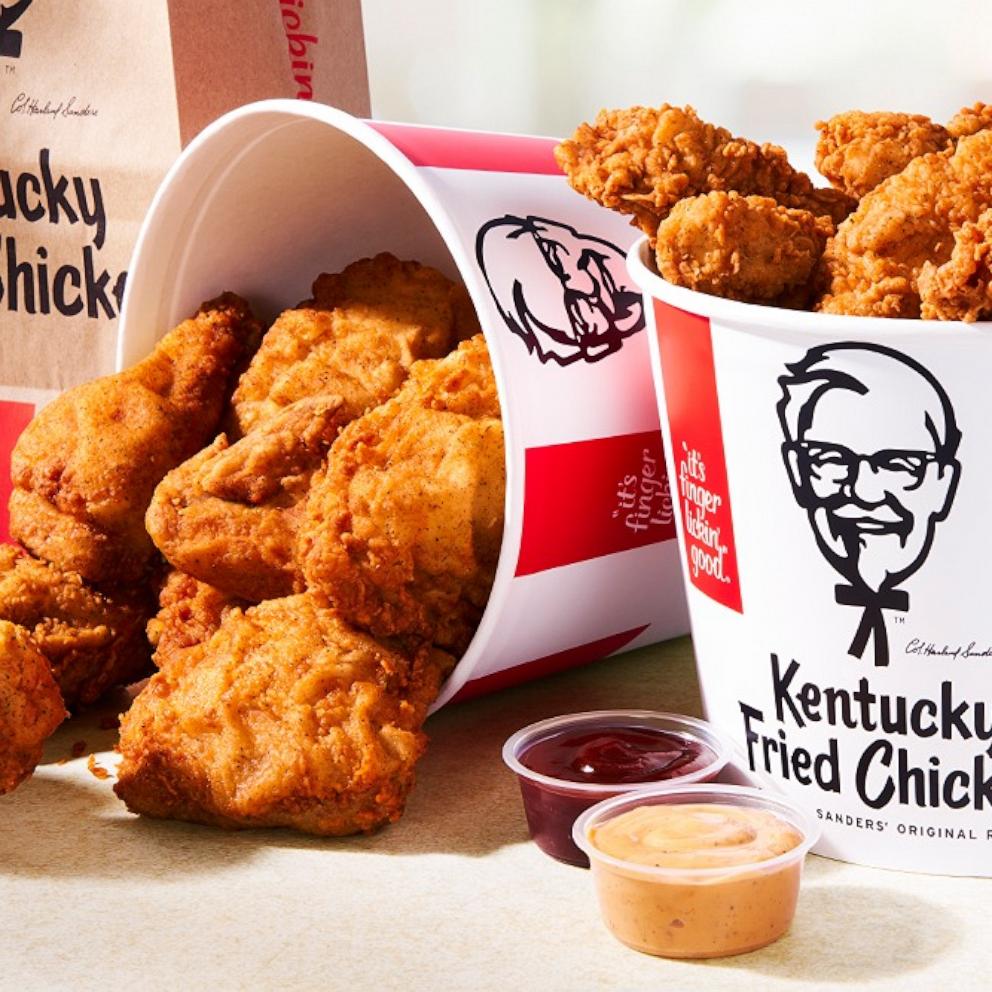Panera Bread issues new warning for 'charged lemonades' amid wrongful death lawsuit
Popular fast-casual chain Panera Bread is issuing a new warning about its highly caffeinated lemonade drinks after a family filed a lawsuit alleging a woman died after drinking it.
In the wake of the death, the restaurant chain is now advising customers that the drinks contain "about as much caffeine as [Panera's] Dark Roast Coffee" and is cautioning customers to "use in moderation" with disclaimers that it is "not recommended for children, people sensitive to caffeine, pregnant or nursing women."
The so-called "charged lemonades," which Panera advertises as taking lemonade to the next level, come in three flavors and are being marketed as a plant-based, "clean caffeine" instant energy drink from guarana and green coffee extract.

The fast-casual eatery was recently named in a wrongful death lawsuit in connection with the caffeinated beverage.
Last week, a lawsuit filed in Philadelphia alleged that 21-year-old University of Penn student Sarah Katz died from cardiac arrest after drinking the charged lemonade from Panera Bread.
"We were saddened to learn last week about the tragic passing of Sarah Katz. While our investigation is ongoing, out of an abundance of caution, we have enhanced our existing caffeine disclosure for these beverages at our bakery cafes, on our website and on the Panera app," a spokesperson for Panera told ABC News in a statement.
At age 5, Katz was diagnosed with Congenital Long QT Syndrome Type 1, which can result in potentially life-threatening abnormal heart rhythms due to potassium ion channels in the heart not working properly, disrupting the heart's electrical activity.
According to the lawsuit, obtained by ABC News, at the time Katz drank the charged lemonade, it was not advertised by Panera as an "energy drink."
"She was very aware of her health," Katz's roommate and friend Victoria Conway told Atlanta ABC affiliate WSB. "She was very vigilant to avoid caffeine. She never drank coffee."

A regular 20-ounce serving size of the charged lemonade contains 260 milligrams of caffeine and the large 30-ounce size contains 390 milligrams.
"Generally at lower doses, caffeine is not harmful, but at higher doses we begin to discuss the negative effects they can have on our body," ABC News medical contributor Dr. Darien Sutton said. "The FDA recommends that the average adult drinks no more than 400 milligrams of caffeine a day."
That amount, 400 milligrams a day -- which is approximately four or five cups of coffee -- is "not generally associated with dangerous, negative effects" for healthy adults, according to the U.S. Food and Drug Administration.
The FDA notes that there is a "wide variation in both how sensitive people are to the effects of caffeine and how fast they metabolize it," especially for certain conditions and some medications, which the FDA says "can make people more sensitive to caffeine's effects."




